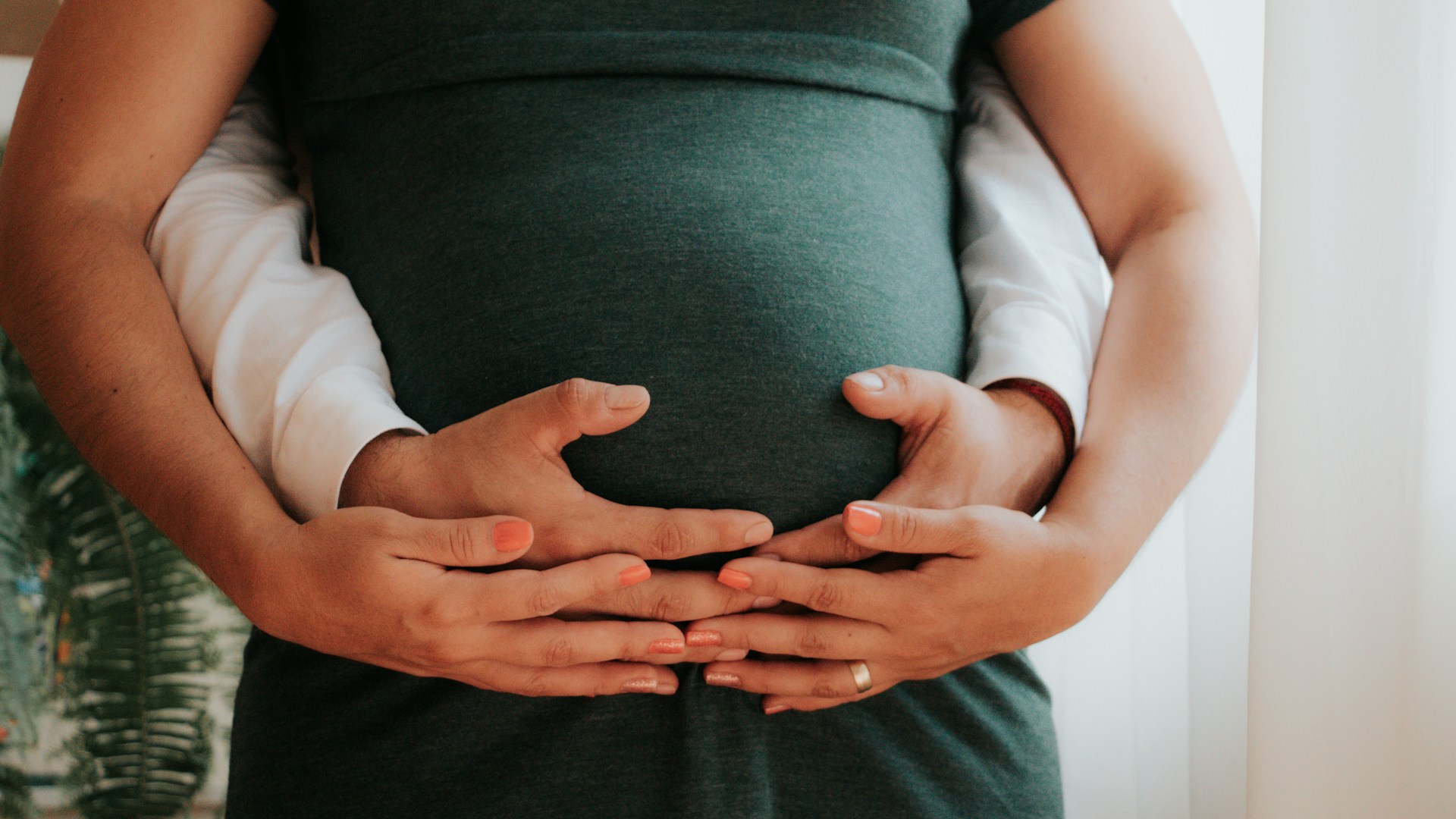You read all the books, watched all the videos, and went to all the classes—pregnancy and labor should be a walk in the park then, no? Sadly, there are so many things you just won’t learn about until you experience them, but we’re here to reveal some inside information.
1. Bodily Changes
You probably already knew about swollen feet or bouts of acne, but pregnancy does much more than that. Many women often deal with spider veins, “pregnancy nose” (AKA an enlarged nose), skin tags, moles, and puffy eyes. The silver lining is that it’s normal.
 Anastasiia Chepinska on Unsplash
Anastasiia Chepinska on Unsplash
2. Interrogation
Congratulations! Now that you’re pregnant everyone and their mother will ask you the same questions. If you’re extra lucky they’ll talk about your figure and share unsolicited advice. What a magical time.
 Photo by Camylla Battani on Unsplash
Photo by Camylla Battani on Unsplash
3. Expect Hemorrhoids
Like it or not, you’ll most likely experience hemorrhoids during pregnancy…and may have them sprout alongside constipation. These typically last for a few weeks before you’re in the clear, though they can last for several months.
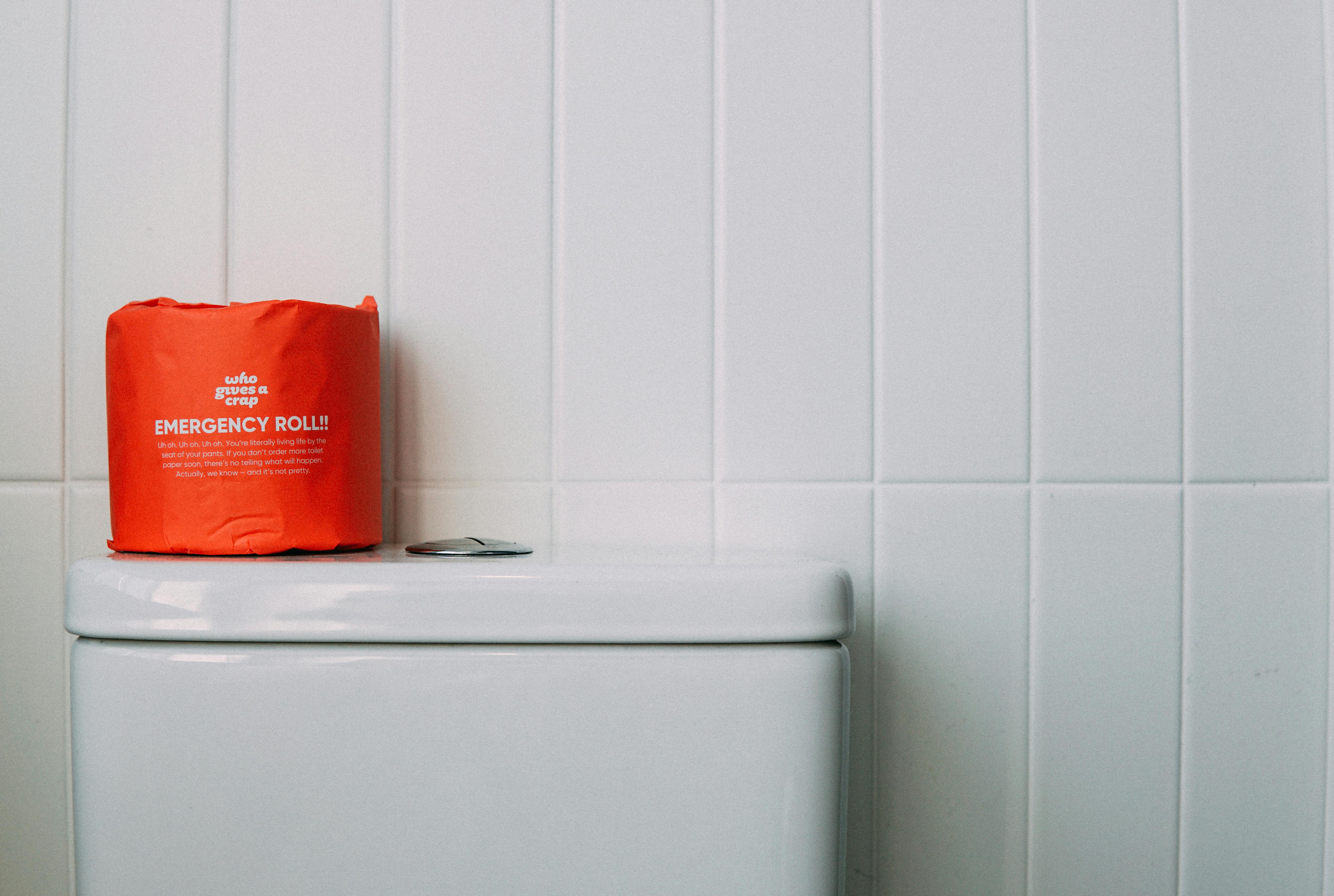 Photo by Elle Hughes on Pexels
Photo by Elle Hughes on Pexels
4. Butt Kicks
(Not literally, though it’ll certainly feel like it.) As magical as those first kicks can be, some babies play soccer in there and you may feel it in your behind. The good news is that it’s completely normal if a rather uncomfortable surprise.
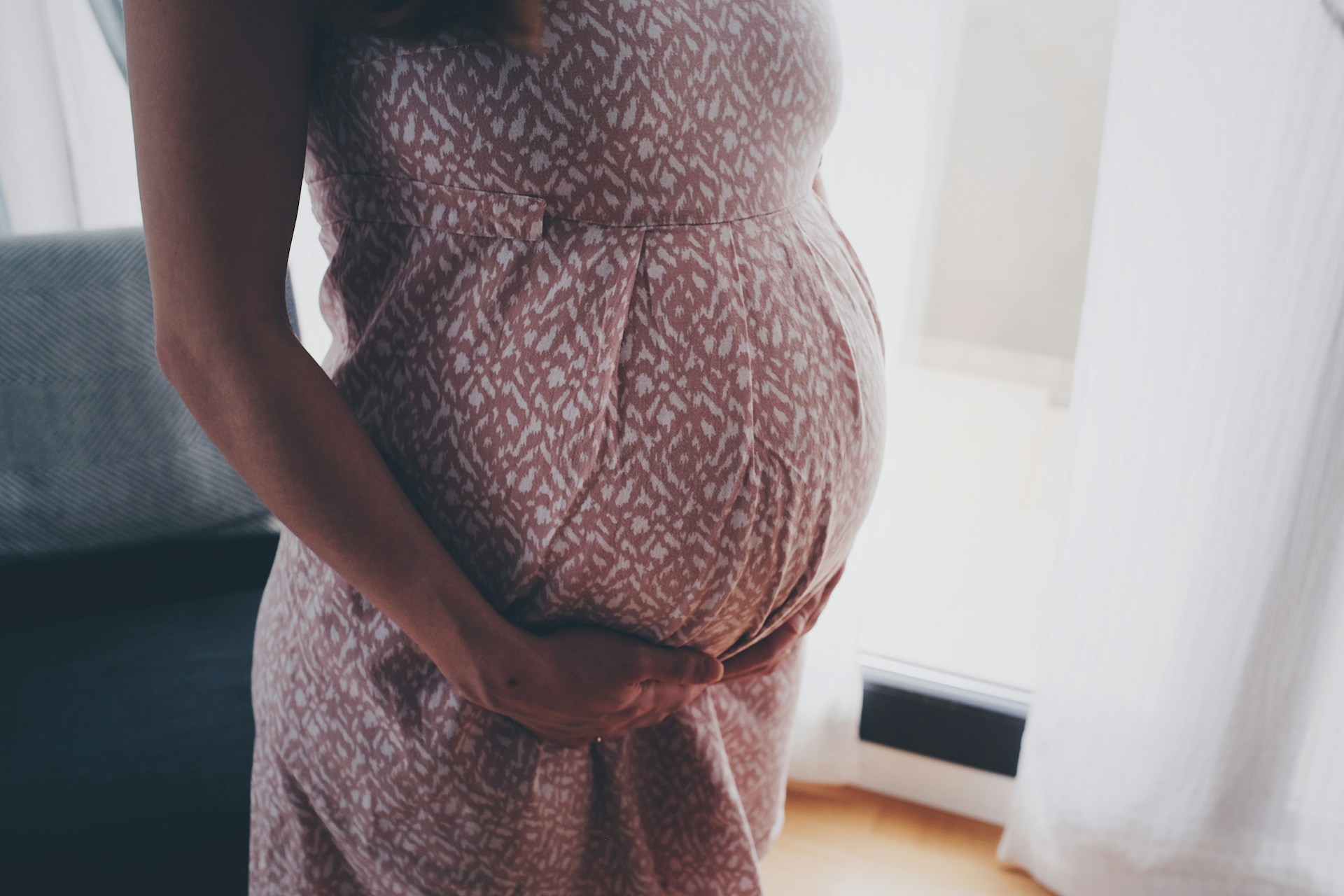 Photo by Ömürden Cengiz on Unsplash
Photo by Ömürden Cengiz on Unsplash
5. Sharp Pain
This is as bad as it sounds we’re afraid. Come the third trimester, many women experience a sharp pain down there. Try not to panic as it usually isn’t anything to worry about and isn’t a sign of labor either—it’s just one more fun thing to deal with.
 Photo by Ryan Franco on Unsplash
Photo by Ryan Franco on Unsplash
6. Rolling Around
Speaking of the third trimester, it won’t be easy to find a comfortable sleeping position when you’re almost ready to pop. By the time you finally roll over on your side, it’ll be time for your baby’s first birthday.
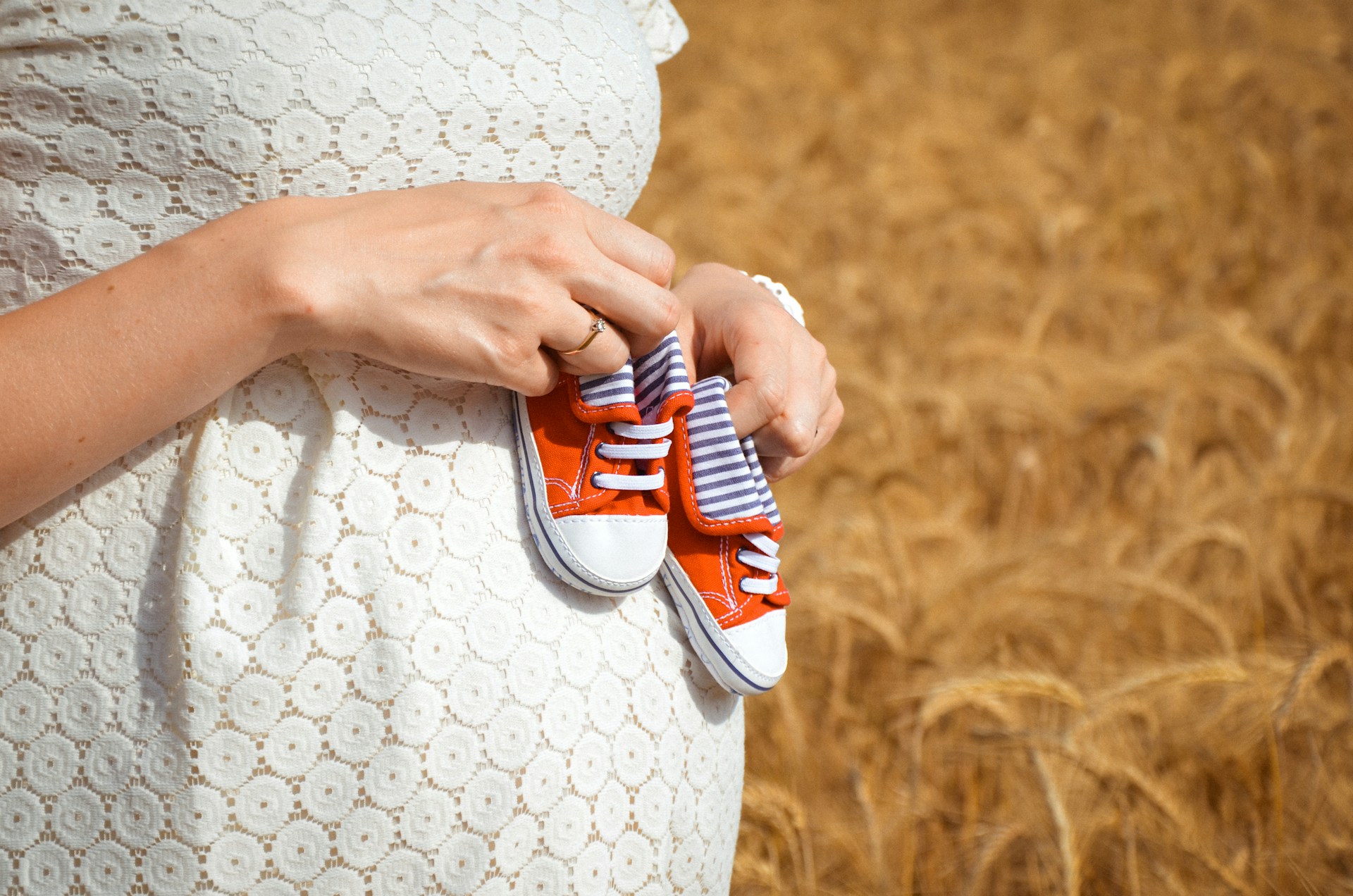 Photo by Sylwia Bartyzel on Unsplash
Photo by Sylwia Bartyzel on Unsplash
7. Possible Diabetes
Also known as GD, gestational diabetes happens in women who experience higher than normal blood pressure during pregnancy. The better news is that it tends to go away, but you’ll have a high chance of its return in future pregnancies.
8. Nosebleeds
Try not to freak out if you spring a nosebleed during pregnancy because it’s usually totally normal. You can easily deal with it the same way you would a common nosebleed and it’s often only an issue if it lasts longer than half an hour.
9. Heartburn
Your doctor may have warned you about heartburn, but nothing can truly prepare you for how bad it gets. It can prevent you from sleeping or cause significant pain, but there are a couple of things you can do. Speak with your doctor about medication or make dietary adjustments.
 Photo by Juan Encalada on Unsplash
Photo by Juan Encalada on Unsplash
10. Poor Vision
Believe it or not, blurred vision is very real and very common during pregnancy. While it doesn’t last forever, it can get irritating when paired with any scratchiness or eye strain. Give your eyes a break and talk to your physician about whether you can score drops.
 Photo by engin akyurt on Unsplash
Photo by engin akyurt on Unsplash
Now that we’ve knocked some common pregnancy experiences off the list, let’s dive into a few things you should know about labor.
1. Painful Bathroom Trips
Labor unfortunately isn’t the end of your journey. Once the baby comes out, expect more frequent (and painful) bathroom breaks. Many women experience tearing and need stitches afterward, which can lead to painful urination.
 Photo by Cameron Smith on Unsplash
Photo by Cameron Smith on Unsplash
2. Body Shakes
Your body goes through a lot during labor—between the adrenaline, medication, pushing, and fatigue, it’s normal to start shaking. The severity and length will vary, but body shakes are common during (or sometimes after) labor and can range from mild to more severe.
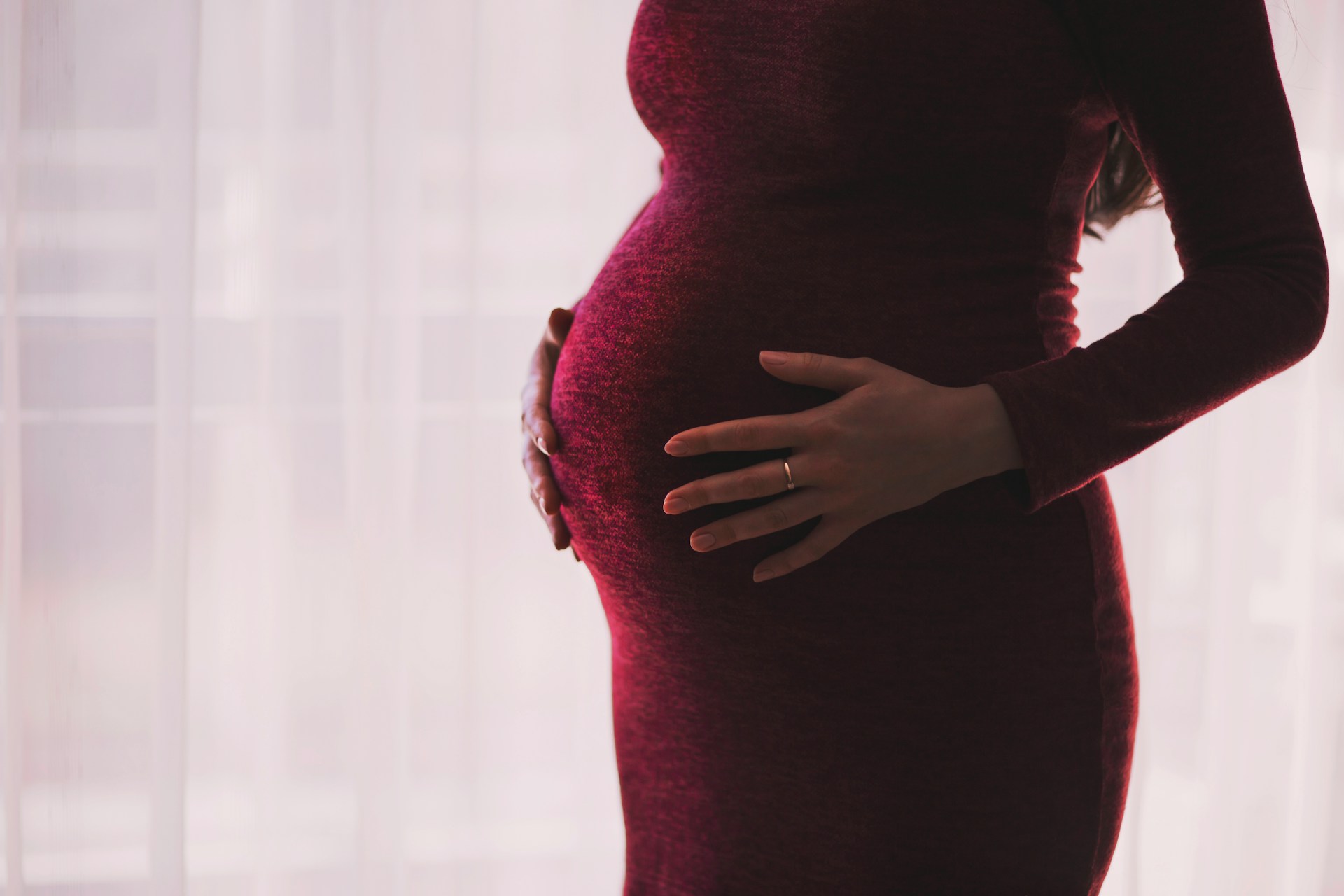 Photo by freestocks on Unsplash
Photo by freestocks on Unsplash
3. Bleeding
Many women experience postpartum bleeding for several weeks, though some may come out of the woods a little earlier. Generally speaking, expect it to last anywhere between four to six weeks with the heaviest loss during the first two weeks or so.
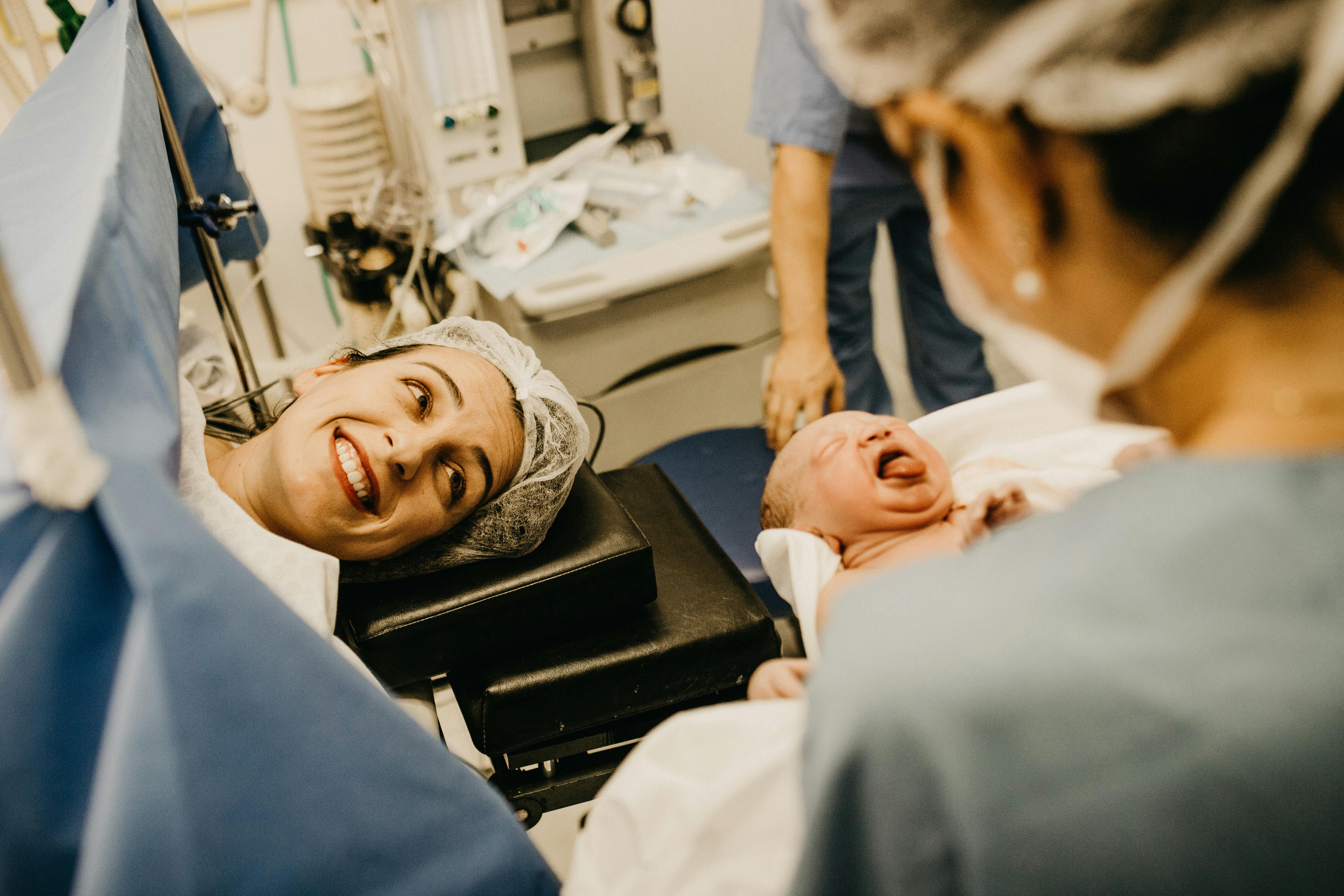 Photo by Jonathan Borba on Pexels
Photo by Jonathan Borba on Pexels
4. Vomiting
We’ve all heard that women defecate during labor (which is completely normal), but there’s a good chance you’ll hurl, too. Nausea and vomiting are fairly common in the early stages of labor, though you could lose your lunch throughout the entire process.
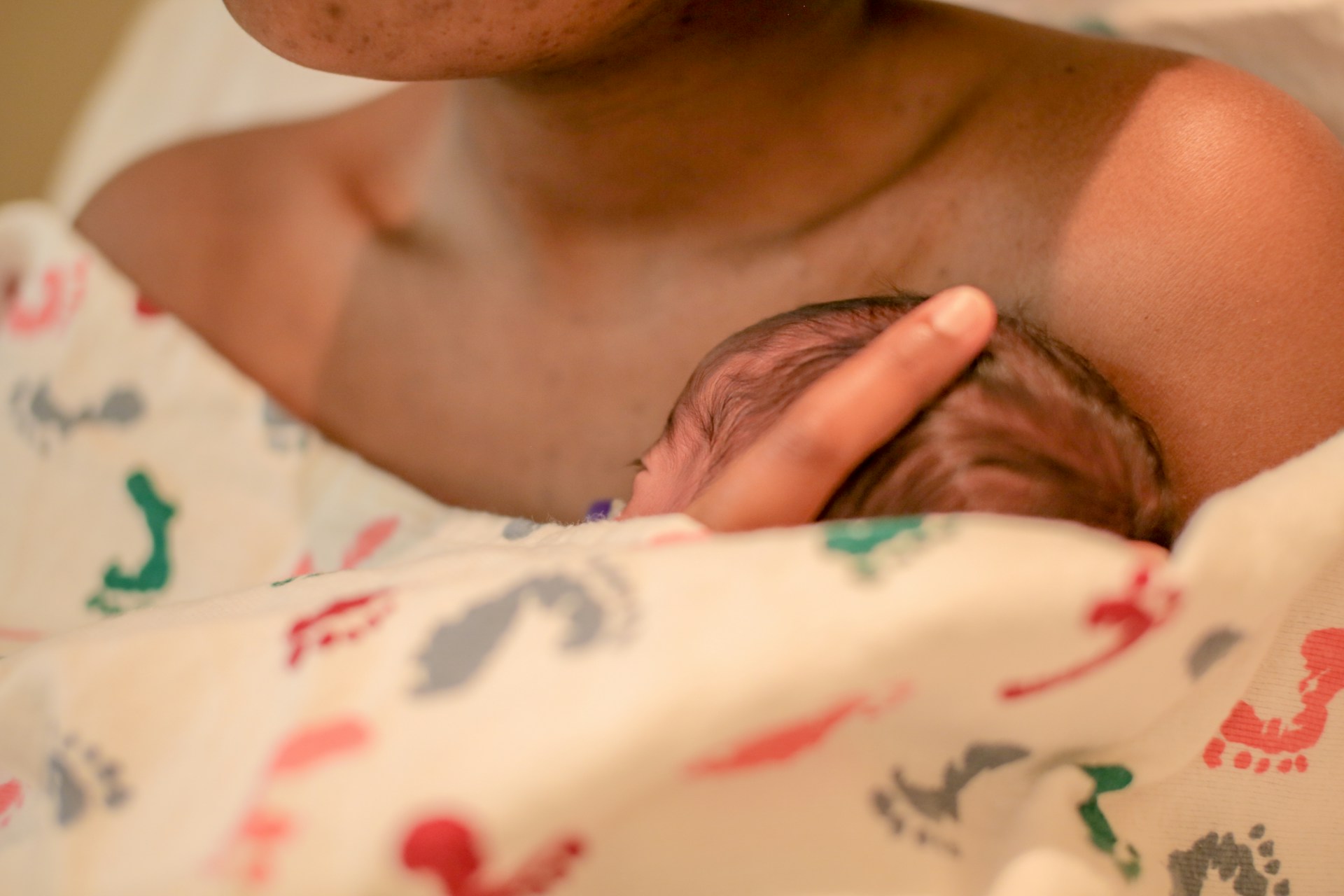 Photo by Solen Feyissa on Unsplash
Photo by Solen Feyissa on Unsplash
5. You May Need a C-Section
You may have planned for a natural birth, but last-minute C-sections do happen. Emergency C-sections sound scary but are necessary in the event of weak contractions or your baby being in the wrong position.
 Photo by kevin liang on Unsplash
Photo by kevin liang on Unsplash
6. Night Sweats
Don’t be surprised to wake up drenched. You can thank hormones for postpartum night sweats, which happen to lots of women and usually taper off after a couple of weeks. Try and keep the room cool and be sure you drink lots of water.
 Photo by Annie Spratt on Unsplash
Photo by Annie Spratt on Unsplash
7. Uterine Massages
Also known as a fundal massage, these are performed postpartum to prevent hemorrhaging. They happen regardless of how you gave birth and though some women find them uncomfortable, they can be downright painful for others.
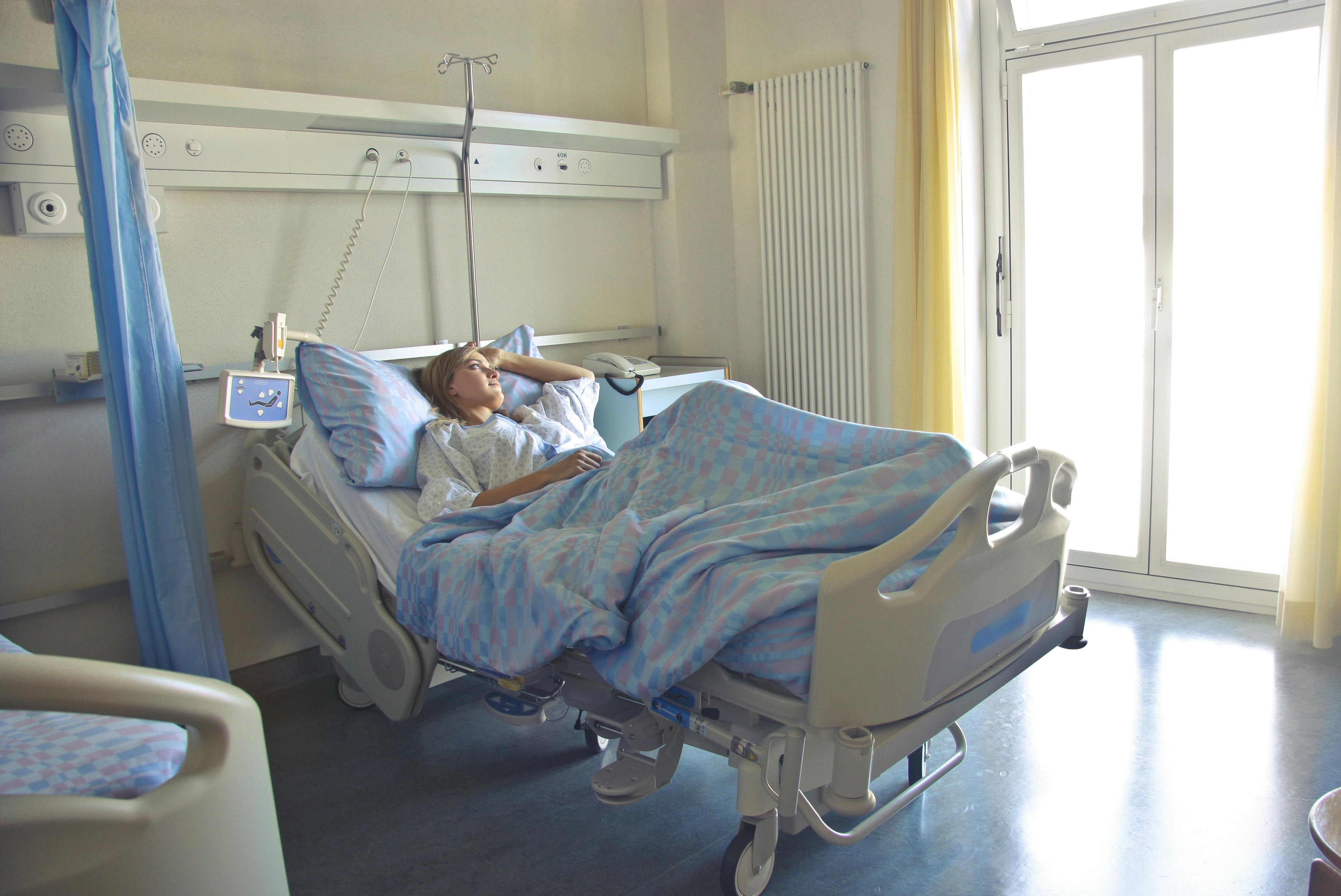 Photo by Andrea Piacquadio on Pexels
Photo by Andrea Piacquadio on Pexels
8. Epidural Side Effects
Epidurals are a godsend, but they do come with common side effects. Headaches, dizziness, and trouble urinating are among the most common, though some women can experience nausea and itching.
 Photo by Anna Shvets on Pexels
Photo by Anna Shvets on Pexels
9. Wait for Visitors
Do yourself a favor and wait before inviting your family and friends over. You survived one of life’s toughest experiences, you’ll be exhausted, and chances are you won’t be up for company. There’s no shame in waiting if it means you get the rest your body desperately needs.
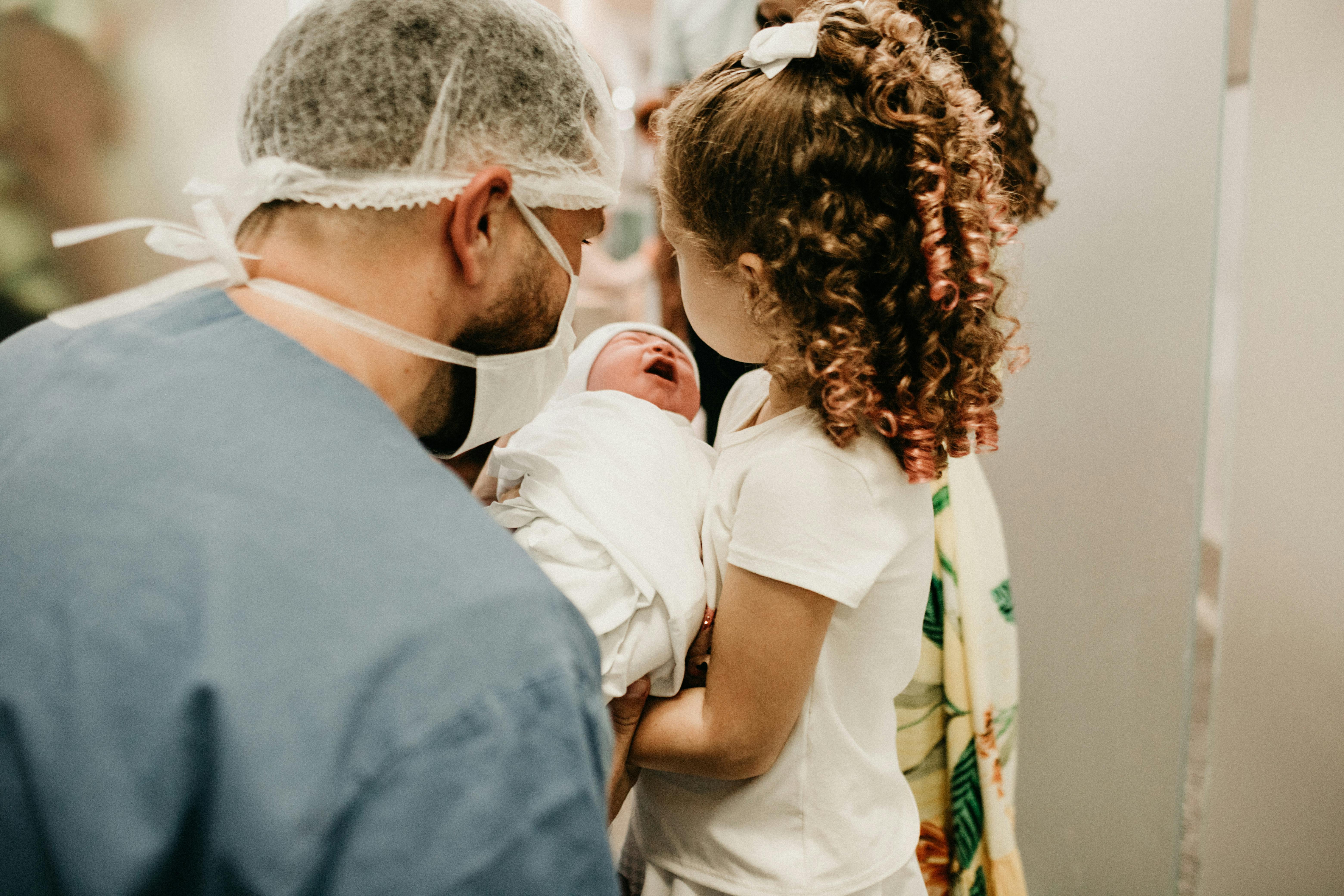 Photo by Jonathan Borba on Pexels
Photo by Jonathan Borba on Pexels
10. Postpartum Depression
Postpartum depression happens to a lot of women and needs to be taken seriously. As joyous an occasion childbirth is, it’s often traumatic and can lead to PTSD, extreme sadness, or tough thoughts. Be sure you speak with your physician and don’t ignore the symptoms.


